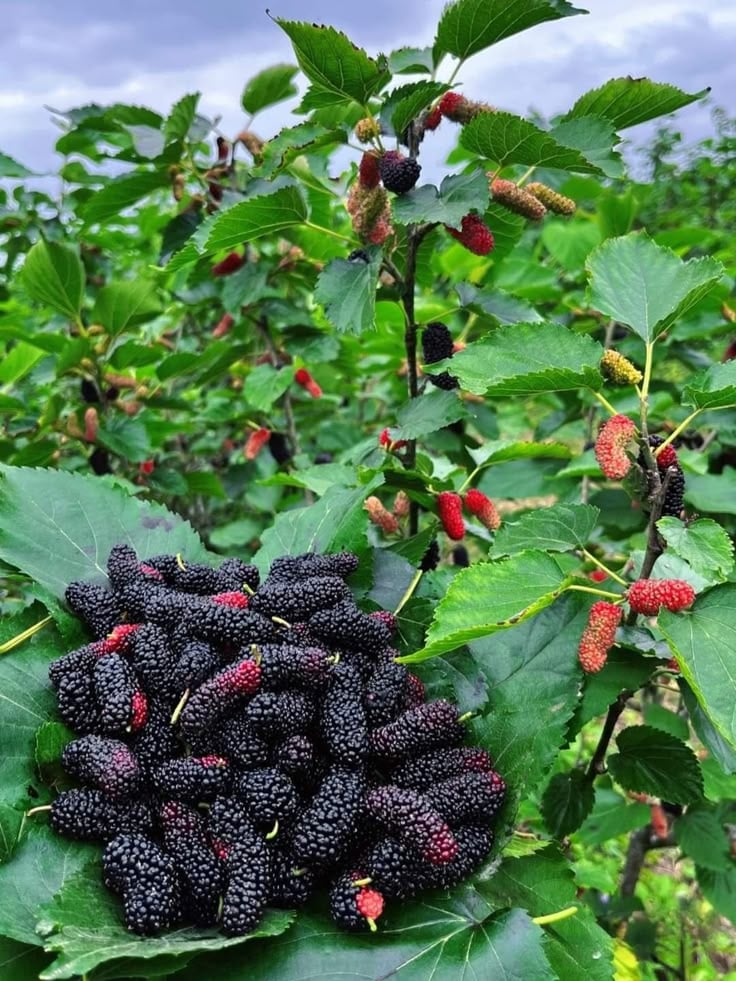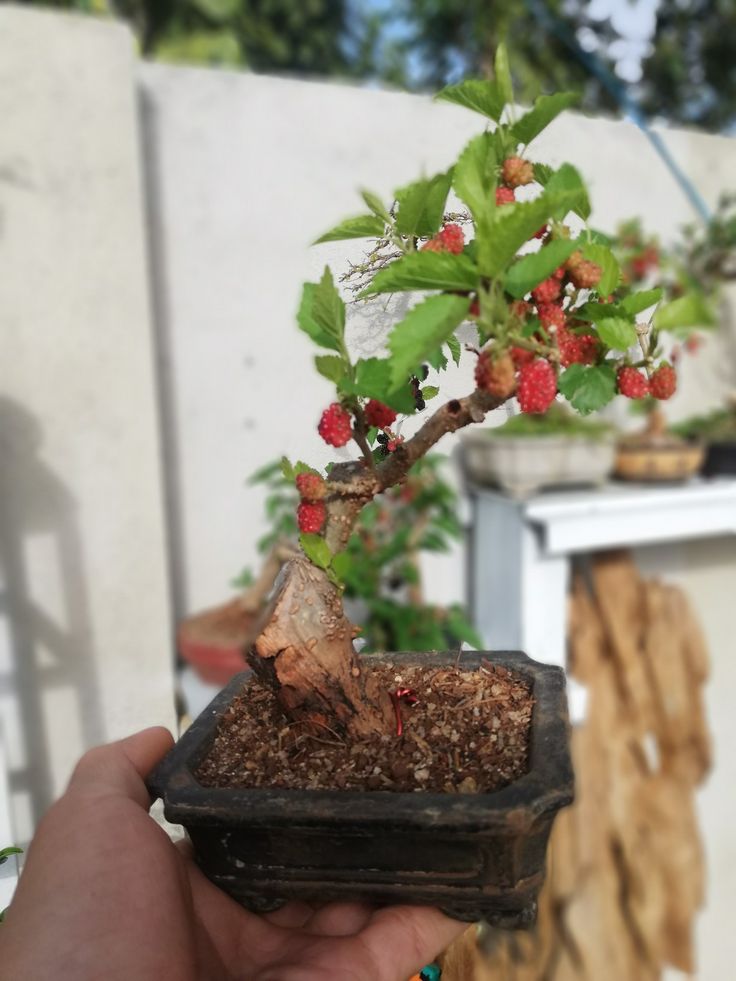In Asian folklore, trees and plants hold deeper meanings beyond their biological functions, with associations to feng shui, spirituality, and family destiny. One such plant is the mulberry tree, which has a long history in rural Vietnam, particularly in sericulture. However, there is an intriguing taboo surrounding this plant: while planting mulberry trees behind one’s house is considered auspicious, doing so in front is absolutely forbidden. But why?
1. Linguistic Similarity: “Mulberry” and “Mourning”
The primary reason for this taboo lies in the phonetic similarity between the words for “mulberry” and “mourning” in Chinese and Vietnamese. In these languages, the word for “mulberry” is pronounced similarly to the word for “mourning” or “funeral.” In the superstitious culture of ancient East Asia, particularly in Vietnam and China, divination through homophonic wordplay was commonplace.

Hearing the word “mulberry” may evoke feelings of sadness and loss, akin to encountering mourning or funeral processions. Thus, planting a mulberry tree in front of one’s home, considered the “bright hall” that invites positive energy, light, and luck, could be seen as inviting misfortune and blocking opportunities. Superstition ran deep in ancient times, especially regarding spiritual beliefs.
2. Feng Shui Significance of the “Front House” Area
In traditional feng shui, the area in front of a house, known as the “front yard,” is vital for welcoming positive energy, wealth, sunlight, and beneficial winds. Planting a tree with yin characteristics, symbolizing something negative like the mulberry, creates a negative field, impacting the health, fortune, and harmony of the entire family.
Mulberry trees, belonging to yin wood, lack vibrant flowers, have dark bark, and a low, dense shape—all considered inauspicious for an area that requires strong yang energy like the front entrance. This is especially crucial for families adhering to traditional rural beliefs, where every element of a home’s layout follows strict feng shui principles.

3. Mulberry Trees in Rituals and Exorcism
Folklore holds that mulberry trees possess powerful exorcistic properties, capable of repelling evil spirits and pests. In folk rituals, branches and sticks from mulberry trees are used to ward off evil spirits and protect homes. During the Dragon Boat Festival, some even hang mulberry branches over their front doors to ward off evil.
The extremely “yang” nature of the mulberry tree for exorcism means that planting it directly in front of the house can easily lead to an imbalance of yin and yang in the house, affecting the overall luck. Therefore, the ancients avoided planting mulberry trees in front of the house but encouraged planting them in the back to balance yin and yang, protect the later life, and guard against evil spirits from the back.
4. Practical Reasons: Convenience and Utilization
Aside from spiritual and feng shui considerations, mulberry trees were primarily cultivated in the past for sericulture, a common practice in many northern and central regions of Vietnam. Planting mulberry trees behind the house made sense logistically for leaf-picking and care while avoiding road dust and dirt. Additionally, mulberry trees spread easily and have extensive horizontal roots, which could damage the foundation or disrupt the main landscape if planted in front.
In the Red River Delta region, it was common to locate vegetable gardens, fish ponds, betel groves, and mulberry plots behind or to the side of the house for convenience and production. This arrangement not only optimized land use but also adhered to the feng shui principle of “bright front, cool back.”
5. Preserving Traditional Beliefs and Values
While modern Vietnamese may not strictly adhere to the taboo against planting mulberry trees in front of their homes, religious culture remains an essential aspect of their spiritual lives. Superstitions are not entirely based on blind faith but also reflect respect for cultural values that have endured for centuries.
The ancient belief, “It’s better to be cautious than sorry,” applies to matters involving negative energy, mourning, or bad feng shui. Thus, planting mulberry trees behind instead of in front of the house blends spiritual faith, practical experience, and environmental harmony.
However, today, few people grow mulberry trees for economic reasons, opting for fields or orchards instead. Additionally, mulberry trees are now commonly shaped into bonsai, making them compact and aesthetically pleasing. As a result, ancient beliefs no longer hold the same level of influence over people’s planting choices.
Reference for contemplation
































